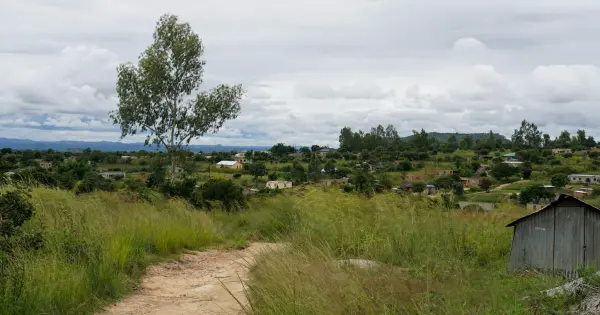Cluster housing is becoming an increasingly popular form of residential development in Zimbabwe, especially in major cities like Harare. As urban areas become more crowded, cluster housing allows developers to make efficient use of land by building more units in a smaller area. Here is an overview of the process and regulations for building cluster housing projects in Zimbabwe.
Permits Required
The first step is obtaining the proper permits from your local council. On standard residential stands zoned as "single family," you are legally only allowed to build one house and a cottage. To build a cluster housing development with multiple units, you need to apply for a permit to re-zone the land as "multi-family."
The permit application process takes around 6 months. You will need to submit a detailed report justifying why the land should be re-zoned, advertise the proposed project in newspapers, notify neighbors, and often attend council meetings to deliberate the application.
As Harare pushes a "densification" agenda to accommodate more residents in the city, permit applications for cluster housing are usually approved if the land is properly zoned. Previously applications were denied for stands without municipal sewer access, but new council policy allows these projects using bio-digesters, since septic systems risk contaminating groundwater.
Design Regulations
For stand-alone cluster units, the minimum land size per unit is 500 sqm. For semi-detached units sharing walls, the minimum area can be reduced to 300 sqm per unit. So on a 4,000 sqm property, you could potentially build up to 7 stand-alone or 11 semi-detached units.
Once the permit is approved, you must submit engineering plans for water, sewer, and driveways. Each unit will be on its own sectional title as an individual property that can be sold separately. You'll also need approved architectural plans, environmental impact assessments if required, and a land survey before construction can begin.
Financial Considerations
Cluster housing can be highly profitable, with units built for around $100,000 able to sell for $250,000 or more in the right location. You don't necessarily need all funding upfront – just enough to cover soft costs and initial construction.
The key is pre-selling units off the plans to generate capital to fund ongoing building. After securing permits, use 3D renderings and impressions in your marketing campaign to attract buyers and collect deposits. Then use those proceeds to finance actual construction. Engaging an established, reputable real estate agency to handle sales is highly recommended to build buyer confidence.
With proper planning, permits, and phased financing, cluster housing presents an attractive development opportunity in Zimbabwe's urban markets. Densifying existing neighbourhoods helps cities accommodate growth and allows more residents access to amenities. By following regulations and best practices, investors can create quality cluster housing that meets demand from buyers and communities.




